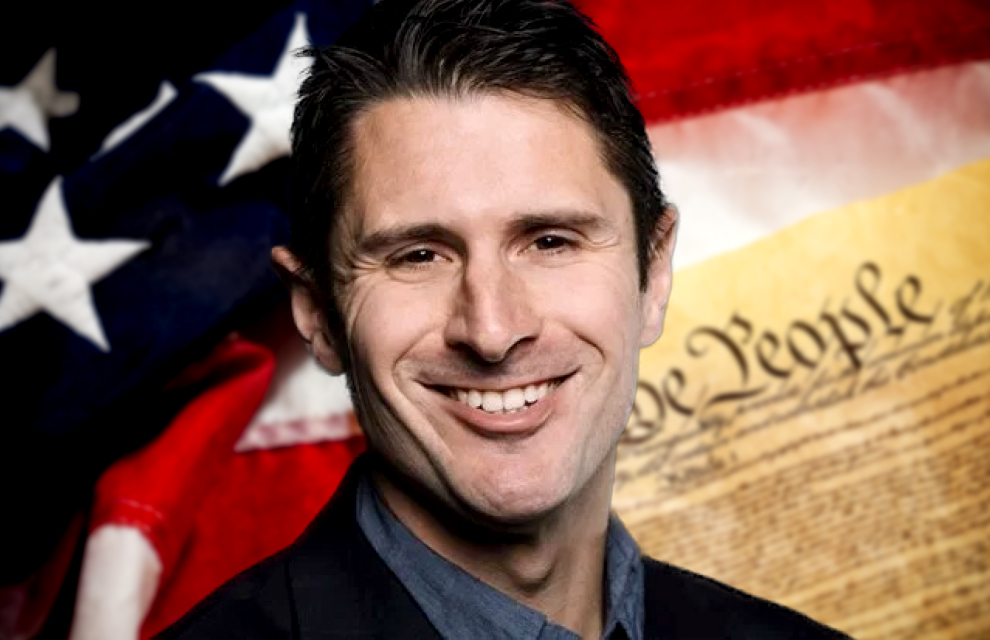Matthew Queen, owner of The Queen Law Firm LLC, explains why he thinks Congress must act against the IRS’ assault on captives election of 831(b) to protect federalism
Protecting Federalism: Congress must act against the IRS’s assault on captive Insurance
Irony possesses a cruel sense of humour. Every once in a while, Congress gets it right. In 1945, Congress passed the McCarran-Ferguson Act which established that the business of insurance is state law.
The Act is among the most insightful actions from the federal government and single-handedly precluded the monopolisation of the insurance industry as is seen in banking and other financial services.
By any objective standard, the McCarran-Ferguson Act was a congressional grand slam.
Of course, the IRS wants to eviscerate the Act.
Federalism is the hallmark of the US Constitution. The purpose of the McCarran-Ferguson Act was to enshrine that states govern the insurance industry better than any federal agency. However, the IRS disagrees and leverages its unlimited power to define “insurance” for federal income tax purposes as a bludgeon against the captive insurance industry.
Captive insurance is formalised self-insurance. In general, a captive is a subsidiary company created by a business for the purpose of insuring the parent entity or a group of related companies. In many ways, it is the same as any other form of insurance. A business deducts premiums paid to the insurance company as a business expense. However, there are two twists. First, if the captive pays no claims, then the parent company retains those premiums. Second, if the captive writes less than US$2.65 million in gross written premium then the captive may make the so-called “831(b) election.” Section 831(b) of the Internal Revenue Code permits a captive to exclude any underwriting income from the captive’s federal income tax obligation.
For decades, the IRS has viewed the captive industry with suspicion. The agency has particular venom for the 831(b) election and recently proposed to add it to the “listed transaction” list. A listed transaction is a legal status where the IRS treats certain transactions as potentially abusive. This triggers audits, punishing paperwork and scares many certified public accountants from assisting with audit and tax compliance.
Adding the 831(b) election to the listed transaction register threatens the survival of the small captive insurance company industry. The proposed regulations are unconstitutional because they seek to elevate the IRS to the de facto federal regulator in the insurance industry. This effectively overturns McCarran-Ferguson and places the federal government as the final word on insurance. The way the IRS accomplishes this is through purported safe harbours built into the listed transaction for captive insurance carriers with a 65 per cent loss ratio or if the captive owners declare a certain number of dividends.
Congress determined that the business of insurance is state law. Now the IRS wants to usurp the states’ departments of insurance authority by mandating how captive insurance companies run their business. Upholding the McCarran-Ferguson Act and protecting state insurance regulators’ authority is essential to maintaining an efficient and fair insurance market. By standing up for states’ rights, Congress can safeguard the balance between federal and state authority, fostering innovation and competition in the insurance industry.
One of the very few universally acclaimed actions by Congress is under attack by an executive agency hellbent on destroying an industry it fundamentally misunderstands and has hated for decades. The irony would be hilarious but for the criminal and civil penalties wielded by the IRS against middle-market companies. These are the very same companies responsibly managing their risk through captive insurance programmes.





